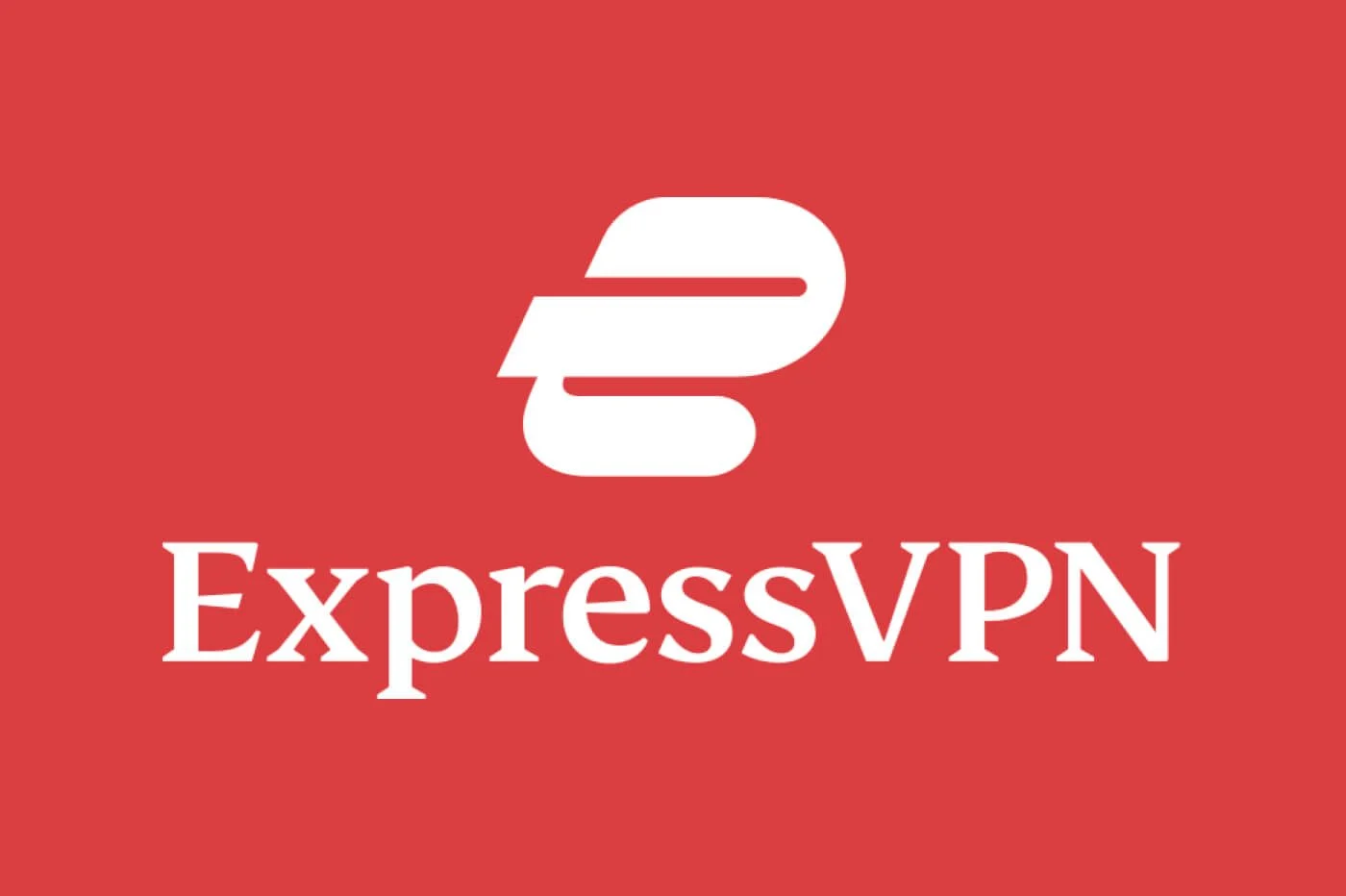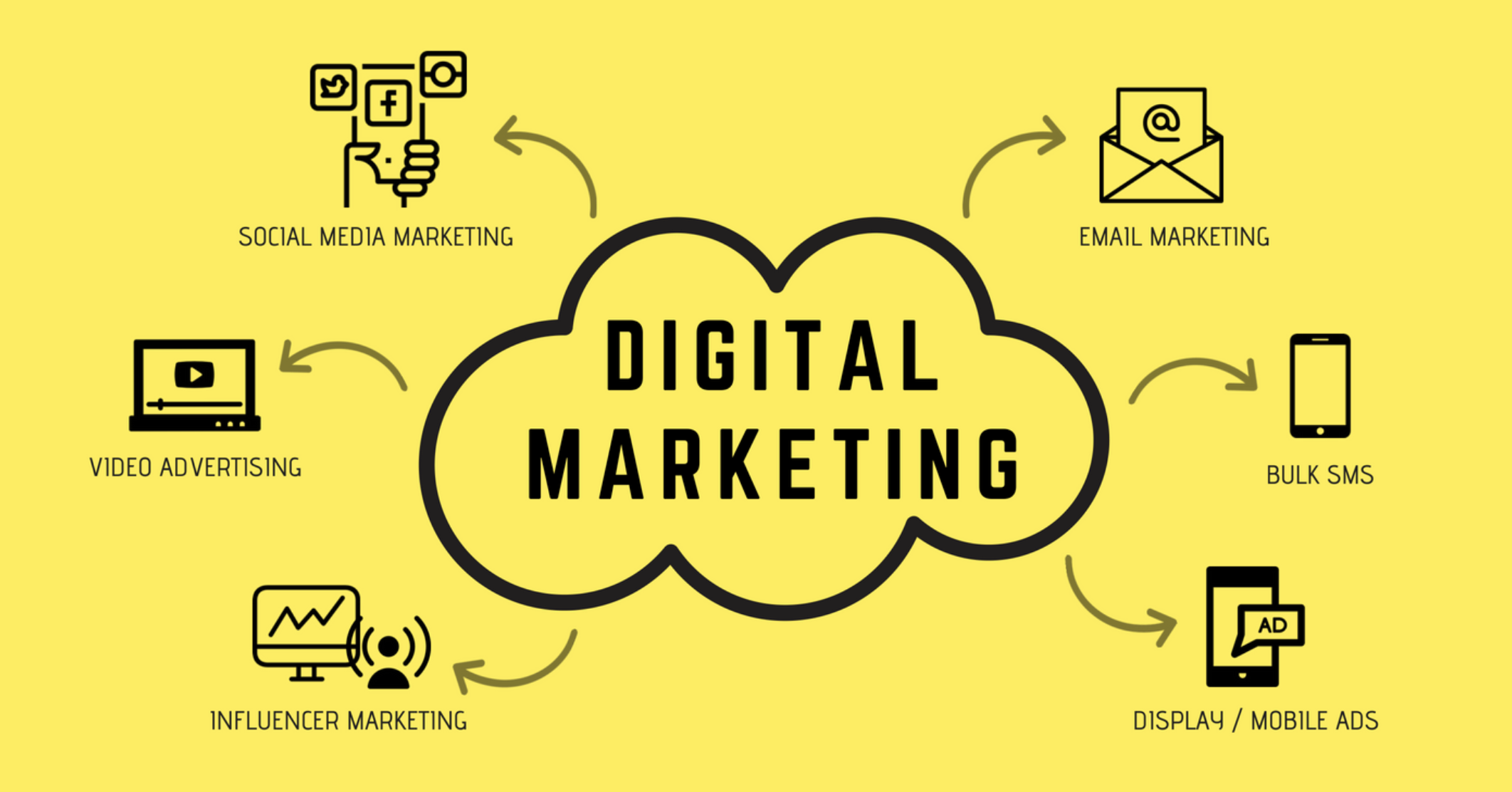How to Build a Smart TV App – The 7 Best Solutions for 2025
Learn how to build a smart TV app with the 7 best development solutions for 2025, from React Native to Roku SDK, tailored for various platforms and needs.

The smart TV app market continues to expand rapidly, driven by growing demand for interactive and engaging content. As smart TVs become a standard fixture in households around the globe, the opportunity for app developers to create innovative and high-performing applications increases. Whether you want to develop a streaming service, gaming app, or social media integration, creating a smart TV app can provide significant rewards. However, building one requires careful planning, the right tools, and a clear strategy.
In this article, we’ll break down the process of building a smart TV app and examine seven of the best solutions for 2025. Each of these tools offers distinct features and functionalities to meet different development needs. Let’s get into the specifics.
1. React Native for TV
React Native has become one of the go-to frameworks for mobile app development, and it’s making a strong case for smart TV applications as well. React Native allows developers, or a TV app development company, to build apps that can run on various platforms, including smart TVs. The key benefit here is code reusability – developers can use the same codebase for both mobile and TV apps, significantly reducing development time.
Advantages of React Native for TV:
- Cross-Platform Compatibility: Build apps for multiple smart TV platforms, such as Android TV, Apple TV, and Amazon Fire TV, using a single codebase.
- Large Developer Community: React Native is backed by a robust community, offering extensive libraries, resources, and support for developers.
- Hot Reloading: This feature speeds up development, allowing you to make changes in the code and see results immediately on the app.
Use Case: If you are looking to develop a streaming app that works on both mobile and smart TV platforms, React Native offers the flexibility and efficiency needed for fast development.
2. Tizen Studio (for Samsung Smart TVs)
Tizen is Samsung's operating system used across its range of smart TVs, and Tizen Studio is the official IDE (Integrated Development Environment) for building apps on this platform. Samsung dominates the smart TV market, so reaching Tizen-based devices is crucial for developers.
Advantages of Tizen Studio:
- Optimized for Samsung Devices: Tizen Studio provides a native environment specifically designed for Samsung’s smart TVs, ensuring apps are optimized for performance and usability.
- Comprehensive Documentation: Samsung provides in-depth resources and documentation, making it easier to develop and deploy apps.
- Wide Market Reach: Samsung holds a significant portion of the smart TV market, which means your app could reach millions of potential users.
Use Case: If your primary target is Samsung TV users, Tizen Studio is the best solution for creating apps tailored to this platform. It provides direct access to the device’s features and functionality.
3. Android TV SDK
Android TV is one of the most popular smart TV platforms, powering devices like Nvidia Shield, Sony Bravia, and Xiaomi Mi TV. The Android TV SDK is an ideal tool for developers looking to build apps for Android-powered televisions.
Advantages of Android TV SDK:
- Familiar Development Environment: If you are already familiar with Android app development, the transition to Android TV is relatively smooth.
- Google Play Store Integration: With Android TV, developers can leverage the Google Play Store for easy app distribution, updates, and in-app purchases.
- Rich Media Support: Android TV supports a wide range of media formats, which is crucial for building media-heavy applications like video streaming or music services.
Use Case: If you want to develop a streaming app or a media-centric app targeting a broad audience, Android TV offers the tools and support to create high-quality apps with excellent performance.
4. Apple TV (tvOS) Development
Apple TV continues to be one of the most influential players in the smart TV space. Apple’s tvOS provides a highly optimized environment for developers looking to build premium apps for Apple TV users. The ecosystem’s integration with the Apple App Store ensures smooth distribution and monetization.
Advantages of tvOS:
- Native Development: tvOS is closely integrated with iOS, allowing developers to use existing iOS skills and frameworks to build Apple TV apps.
- Focus on UX/UI: Apple emphasizes excellent user experience (UX) and user interface (UI), which means apps built on tvOS must meet high standards of design and interaction.
- Advanced Features: Apple TV offers advanced features like Siri voice control, remote interaction, and multi-device integration, which developers can integrate into their apps.
Use Case: If you aim to target affluent consumers who own Apple devices, developing on tvOS offers a unique opportunity to leverage Apple’s brand and ecosystem for superior app quality and distribution.
5. Unity for TV Game Development
Unity is a popular game engine, and it’s also an excellent option for building interactive apps for smart TVs. Unity allows you to create games and other interactive experiences for smart TV platforms, with support for high-quality graphics, physics, and real-time interactions.
Advantages of Unity:
- Cross-Platform Development: Unity supports a range of platforms, including Android TV, Apple TV, and even smart TVs powered by Linux or Tizen. This makes it ideal for developers who want to build games for multiple TV platforms at once.
- Real-Time 3D Rendering: Unity’s strength lies in its ability to render high-quality 3D graphics in real-time, perfect for building interactive games, simulations, and virtual environments.
- Developer Resources: Unity offers robust developer support with tutorials, plugins, and community resources, making the game development process more accessible.
Use Case: Unity is best suited for developers looking to create engaging gaming or VR/AR experiences for smart TV platforms, taking full advantage of the engine’s rendering capabilities and cross-platform support.
6. Web-Based TV Apps with HTML5, CSS3, and JavaScript
Web technologies like HTML5, CSS3, and JavaScript have become a viable option for developing TV apps. Many smart TV platforms, including Android TV, Tizen, and WebOS, allow developers to create apps using web technologies. These apps can be built as Progressive Web Apps (PWAs) or packaged into native apps for smart TVs.
Advantages of Web-Based TV Apps:
- Cross-Platform Compatibility: Web-based apps can run on a wide variety of TV platforms, which is an advantage for developers looking to reach a broad audience without dealing with different native codebases.
- Faster Development Cycle: Web technologies allow developers to quickly prototype and iterate on app features without needing to dive deep into platform-specific code.
- Responsive Design: Since web apps use HTML5, developers can take advantage of responsive design techniques to optimize the app for various screen sizes and orientations.
Use Case: If your goal is to build a simple, lightweight TV app without dealing with the complexity of native development, web-based TV apps provide an excellent solution that reaches a wide range of smart TVs.
7. Roku SDK
Roku is one of the leading players in the smart TV market, particularly in North America. Roku offers a custom platform for developing apps using its proprietary programming language, BrightScript. The Roku SDK is specifically designed to help developers create applications for the Roku channel store.
Advantages of Roku SDK:
- Dedicated App Store: The Roku Channel Store provides an established marketplace where developers can distribute their apps to millions of users.
- Easy-to-Learn Language: BrightScript is relatively easy to learn and tailored for TV app development. It’s designed to be lightweight, with a focus on simple TV interfaces.
- Rich Media Support: Roku is particularly strong in streaming and media-based apps, making it an excellent choice for video, music, and news apps.
Use Case: Roku is ideal for developers looking to create a video streaming app or other media-based applications. If you want to tap into the Roku user base, this SDK is your best option.
Conclusion
Building a smart TV app in 2025 offers numerous opportunities across a variety of platforms, each with its own strengths and tools to help you develop high-quality applications. The seven solutions mentioned in this article represent the best tools available for creating apps that will run smoothly across different devices, from streaming services to interactive games. Depending on your target audience, platform preference, and app complexity, choosing the right development environment will be critical to your success.
As the smart TV market continues to evolve, staying ahead of technological trends and understanding the unique demands of TV-based user interfaces will allow you to create apps that resonate with users. By leveraging the right tools and following best practices, you can build apps that not only perform well but also delight users with exceptional experiences.
What's Your Reaction?



















